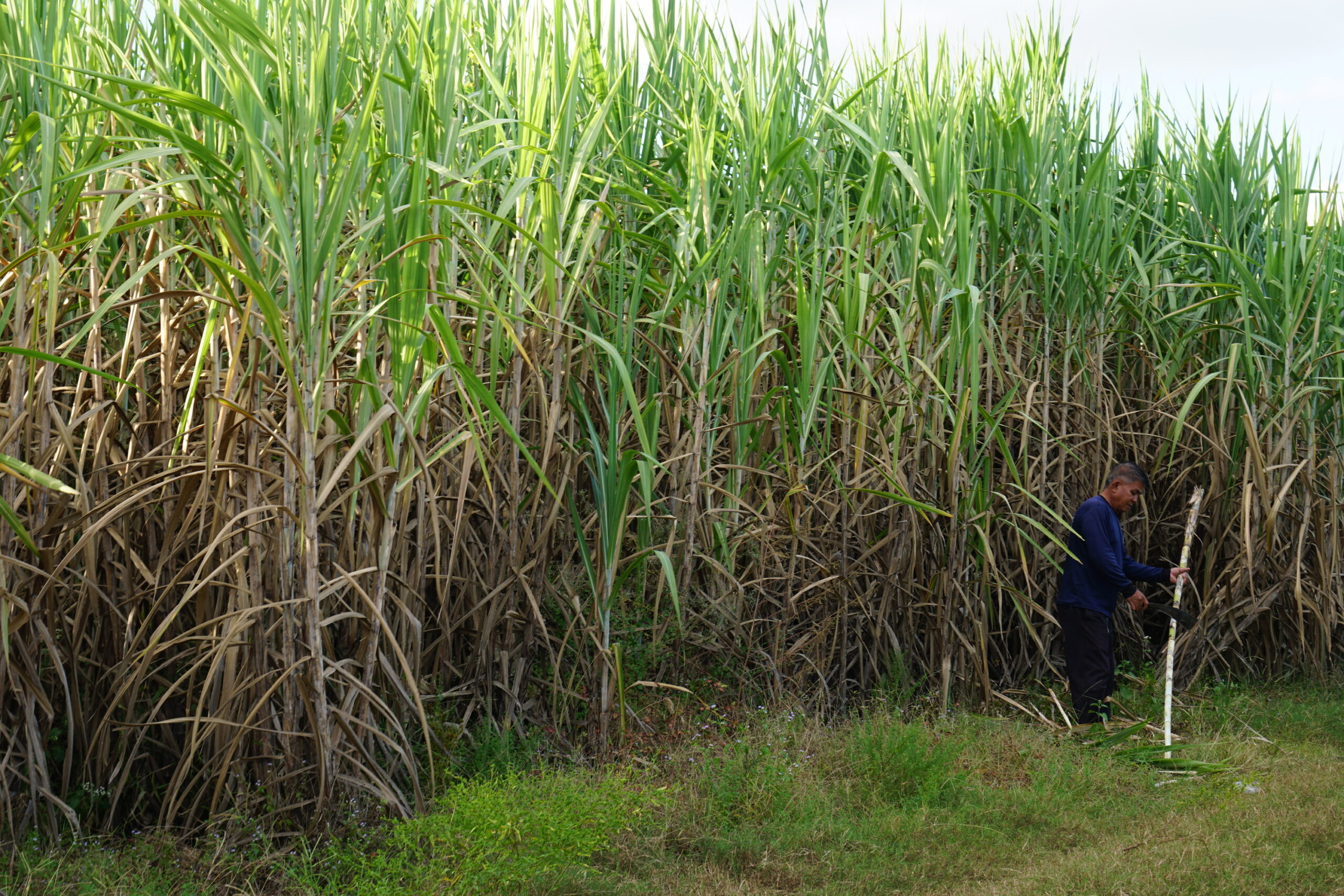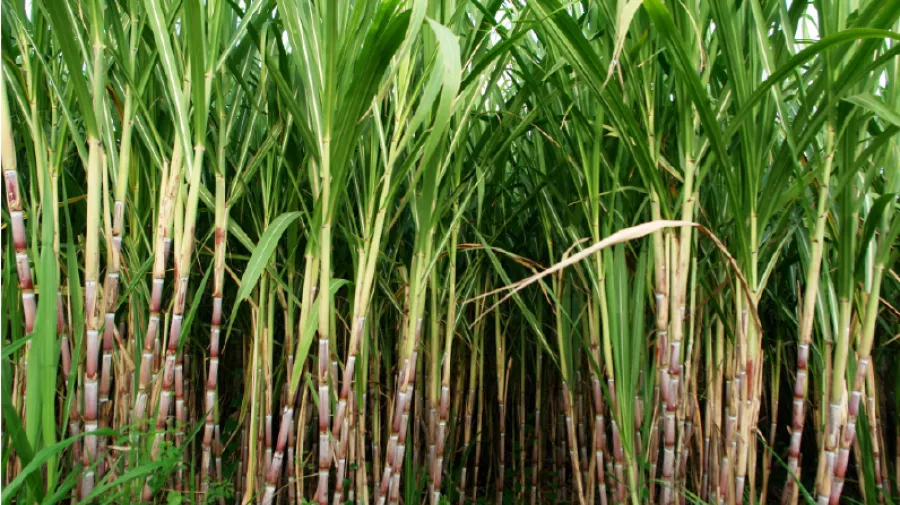The Role of Sugar and Cane in Creating Flavored Syrups and Sweeteners
The Role of Sugar and Cane in Creating Flavored Syrups and Sweeteners
Blog Article
Why Cane Sugar Processing Chemicals Are Vital for Modern Sugar Refining
The duty of cane sugar handling chemicals in contemporary sugar refining can not be overstated, as they are essential to boosting both the performance of extraction and the overall high quality of the last item. Agents such as phosphoric acid and details flocculants are used to eliminate pollutants, resulting in sugar that not just fulfills consumer assumptions yet likewise adheres to industry criteria.
Role of Processing Chemicals
The effectiveness of cane sugar processing hinges dramatically on the calculated application of processing chemicals. These chemicals play a pivotal function in enhancing the performance and high quality of sugar extraction and refining. From the first phases of juice removal to the final purification steps, processing chemicals facilitate different critical procedures.
In the extraction phase, chemicals such as phosphoric acid and calcium hydroxide are utilized to maximize the explanation process, assisting to remove pollutants and put on hold solids from the walking stick juice. This not just improves the yield however also ensures the clearness of the final product. Furthermore, representatives like flocculants aid in the quick settling of impurities, thereby enhancing the general procedure.
Triggered carbon and ion exchange materials offer to eliminate color and odor, making sure that the refined sugar meets customer top quality requirements. Hence, the careful choice and application of these chemicals are vital for attaining optimum outcomes in walking cane sugar processing.
Secret Kinds Of Chemicals
Walking stick sugar processing relies upon a range of key chemicals that facilitate each stage of manufacturing. These chemicals play important roles in clarifying, bleaching, and detoxifying the sugar removed from walking stick.
One main category of chemicals includes flocculants, such as polyacrylamide, which aid in the information procedure by advertising the gathering and settling of pollutants. Additionally, calcium hydroxide is frequently utilized to reduce the effects of level of acidity and assist in the removal of non-sugar parts.
Lightening representatives, such as turned on carbon and sulfur dioxide, are used to decolorize the syrup, resulting in a clearer final item. These chemicals help eliminate shade substances that might influence the sugar's appearance and bankability.
In addition, phosphoric acid acts as a pH regulatory authority during the processing phases, guaranteeing optimal conditions for the enzymatic activities included in sugar extraction and purification.
Other essential representatives consist of edta (ethylenediaminetetraacetic acid), which chelates steel ions that could catalyze unfavorable responses, and salt hydroxide, which aids in pH control throughout the refining process. Jointly, these chemicals enhance performance and make sure a high-quality walking cane sugar item.
Advantages for Sugar Top Quality
Typically forgotten, using details processing chemicals considerably enhances the general quality of cane sugar. These chemicals play a crucial function in refining processes, guaranteeing that the end product meets rigorous industry requirements for pureness and preference.
:strip_icc()/How-to-Plant-and-Grow-Sugar-Cane-965303384-2fdac181359d44c185dfa7988fc181a8.jpg)
Additionally, processing chemicals assist in attaining a constant granulation and appearance, which are critical for customer approval. By controlling the formation procedure, these chemicals ensure that the sugar crystals form consistently, resulting in a much more enticing product that liquifies well in different applications.
Additionally, using these chemicals can enhance the life span of walking cane sugar by minimizing moisture absorption and microbial development. Generally, the tactical application of handling chemicals is important for supplying top notch walking stick sugar that meets consumer assumptions and industry needs.
Environmental Impact Factors To Consider

In addition, the energy-intensive nature of sugar refining, intensified by chemical usage, commonly results in boosted carbon emissions. This contributes to environment change and elevates problems relating to the sustainability of current refining techniques. Furthermore, the sourcing of these chemicals may entail techniques that intimidate biodiversity, such as monoculture farming, which lowers the resilience of agricultural communities.

To alleviate these effects, sugar refiners are increasingly exploring sustainable alternatives and embracing finest methods that reduce chemical use. Executing strenuous ecological monitoring systems can aid ensure that the refining procedure lines up with ecological standards and promotes biodiversity. Ultimately, a balanced strategy that focuses on both sugar high quality and environmental stewardship is important for the long-term practicality of the sugar sector.
Future Patterns in Refining
As the sugar industry comes to grips with the ecological difficulties related to conventional refining approaches, ingenious techniques are emerging to boost both effectiveness and sustainability. One substantial fad is the fostering of environment-friendly chemistry concepts, which focus on making use of non-toxic, naturally degradable processing chemicals. This shift not only decreases ecological impact however also addresses customer demand for cleaner manufacturing techniques.
One more appealing advancement is the application of advanced filtering technologies, such as membrane layer separation and adsorption procedures. These methods enhance the clearness and top quality of the sugar while lowering the quantity of wastewater created throughout refining. In addition, the integration of digital technologies, consisting of IoT and AI, is changing operational effectiveness by enabling real-time tracking and anticipating maintenance, hence reducing source waste.
Moreover, the use of spin-offs from sugar refining, such as bagasse and molasses, is getting traction. These products can be transformed right into biofuels or value-added items, adding to a circular economic situation within the industry. Jointly, these patterns signal a change towards even more sustainable practices that not only boost operational effectiveness yet likewise straighten with global sustainability objectives, making sure the future practicality of sugar refining.
Final Thought
Cane sugar processing chemicals are important in modern sugar refining, dramatically boosting the performance and high quality browse this site of sugar removal. The critical use these chemicals not just boosts the purity and taste of index the last item however also ensures constant formation and appearance. As the industry increasingly focuses on sustainability, the adoption of environmentally-friendly handling agents is likely to form future trends in refining, eventually leading to greater high quality items and expanded service life for consumers.

Ultimately, a balanced approach that focuses on both sugar quality and environmental stewardship is crucial for the long-lasting viability of the sugar sector.
Cane sugar processing chemicals are vital in modern-day sugar refining, dramatically improving the efficiency and high quality link of sugar removal.
Report this page